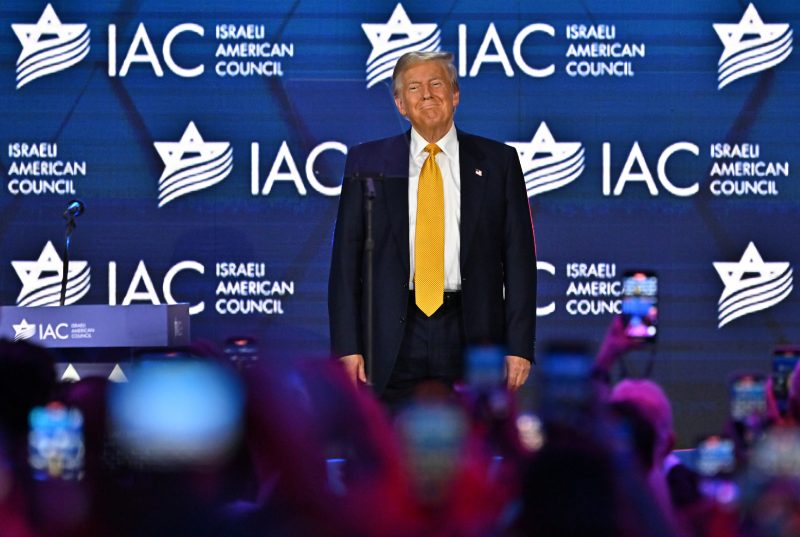In a recent controversial statement, former President Donald Trump suggested that Jewish people have disproportionate political power. This comment has sparked widespread debates and discussions, with many expressing concern over the implications of such words coming from a prominent political figure.
Trump’s assertion raises questions about the perception of Jewish people in politics and society at large. While it is true that individuals from the Jewish community have made significant contributions to politics, business, and other fields, framing these accomplishments as a disproportionate level of power can be problematic. It risks perpetuating harmful stereotypes about Jewish people having undue influence and control, feeding into age-old conspiracy theories of Jewish domination.
Furthermore, Trump’s comment underscores the importance of critically examining language and rhetoric used by public figures. The words of those in positions of power hold weight and can have far-reaching consequences. In this case, the insinuation of Jewish people wielding excessive political power can fuel anti-Semitic sentiments and discrimination.
The Jewish community has a longstanding history of facing discrimination and prejudice, with stereotypes and misconceptions persisting to this day. Trump’s remarks serve as a reminder of the ongoing need to combat anti-Semitism and stand against any form of bigotry and discrimination.
It is crucial for political leaders to be mindful of the impact their words can have, especially when discussing sensitive topics such as religion, ethnicity, and power dynamics. By fostering a climate of inclusivity and respect, we can work towards a more equitable and harmonious society where all individuals are valued and respected for their contributions, regardless of their background or beliefs.


























